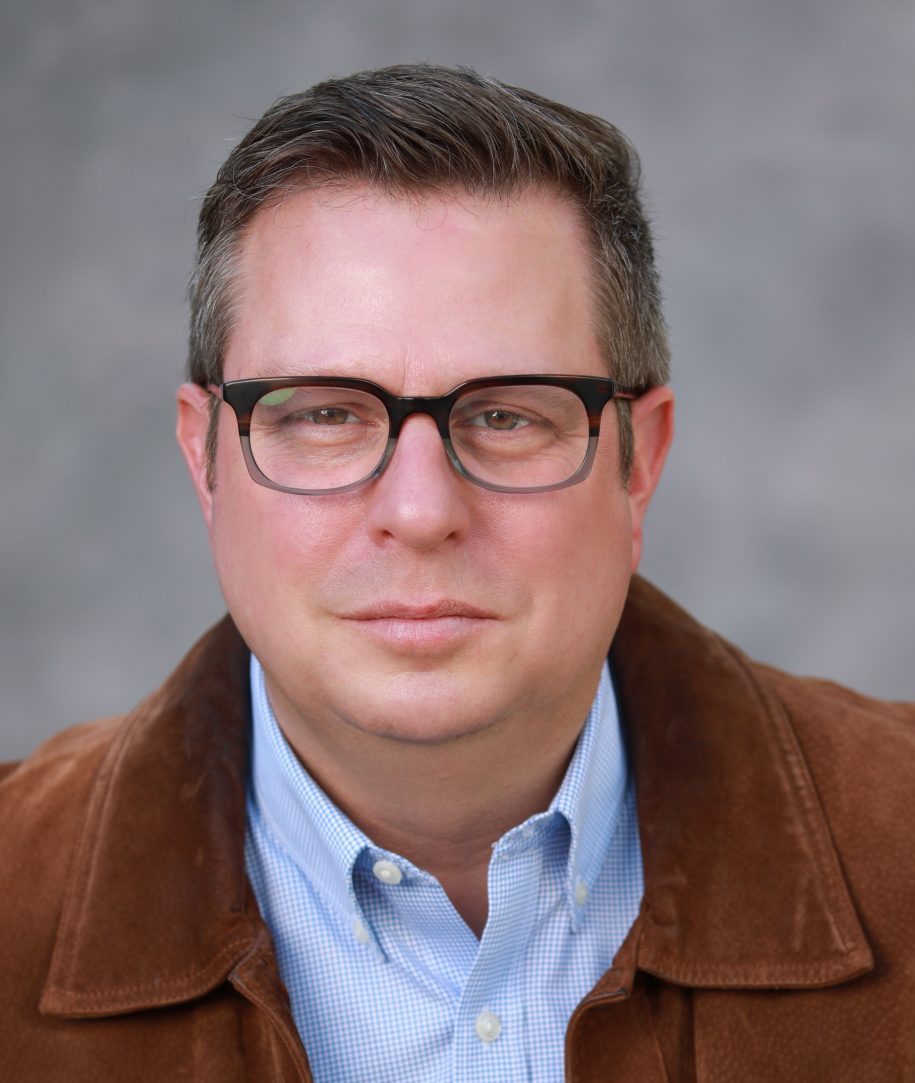The American Medical Association defines alcoholism as a disease and the National Institute of Health (NIH) defines Substance Use Disorders (SUDs) as a complex disease, yet there is still much stigma around this topic – some still erroneously believing these disorders are a moral weakness.
When I got sober at age 19, my relationship with my family had been devastated by my alcoholism and drug addiction. There was no trust, and rightly so, based on my actions in pursuit of my active addiction to alcohol and crack cocaine, among other substances. It took many years to build a new relationship with my family based on my new sober life – one which was built on love, accountability, personal responsibility, honesty, compassion, and humility.
It is usually a huge relief when a loved one enters recovery from a substance use disorder. According to NIH research, recovery is a lifelong process and that especially in the first two years of recovery, key metrics for success include some type of long-term structured recovery process (often clinical treatment), social and community support, affiliation with 12-step organizations and negative consequences of substance use.
For families facing their loved one’s newfound recovery, the path is challenging, but is often one they are willing to walk through to help encourage their loved ones build a solid foundation in their recovery and not return to active addiction.
Dr. Louise Stanger, an internationally renowned clinician, interventionist, and expert on mental health and addiction, states in her new book Addiction In The Family: “The entire family is empowered to rise to their best possible selves. In doing this, families become listeners, not tellers or yellers, and responders, not reactors. Families allow their loved ones to take responsibility for their actions. Family members do not steamroll their opinions or try to wrap their loved ones in plastic wrap and control their behavior. They no longer worry endlessly if their loved ones are going to counseling, taking their meds, or going to support groups. They give loved ones the space needed to succeed on their own by setting clear and healthy boundaries. And they engage in their own recovery, through family programs, support groups, self-care, and/or counseling.” This advice could even be transferred over to loved ones dealing with other addictions, as it is so relatable and encouraging.
Detaching with love, setting healthy boundaries and working on codependency are all issues most families and friends of loved ones in recovery struggle with as early recovery starts to take hold. The evolution of a loved one in early recovery starting to build trust in the wake of the past takes time and patience for everyone involved – but supportive family and friend participation in their early recovery greatly contributes to their success in building a foundation for long-term recovery.
“Detachment means separating yourself from the disease and taking care of yourself while still loving your family members in new ways…There are many ways to detach with love and allow loved ones to experience their behaviors…Healthy detachment is designed to relieve yourself of the agonizing pain, anxiety, suffering, guilt, and shame that occurs in relationship to the loved one. Detachment allows one to relate with empathy and to be present when the loved one is ready for health and wellness” says Louise Stanger, EdD, LCSW in her recent book.
It is helpful for families and friends who are supporting their loved one’s recovery to learn that they can’t control their loved one’s substance use disorder, but they can take responsibility for their own health and happiness and begin their own journey of healing in parallel to the person in recovery. The compulsions of codependency, which ironically often have similar traits to addiction, is well described by Sharon Wegscheider-Cruse, MA in her groundbreaking book Another Chance: Hope and Health for the Alcoholic Family about helping families of loved ones in early recovery. “I define codependency as a specific condition characterized by preoccupation with and extreme dependency on another person, activity, group, or substance. To recover from codependency means giving up being a victim or having all the answers.”It is said that substance use disorder is a family disease and in my experience, supportive family involvement in ones’ recovery helps everyone begin to heal from the devastating effects of addiction and prepare for the new reality of a life together in long-term recovery. So, we all need to continue to do the work we have learned (or are starting to learn), and demonstrate it to those we love in recovery and lend our support in larger, more impactful ways. As the famous prayer in 12-step circles sagely posits, we need the serenity to accept the things we cannot change (everyone and everything other than us), the courage to change the things we can (only us), and the wisdom to know the difference.


